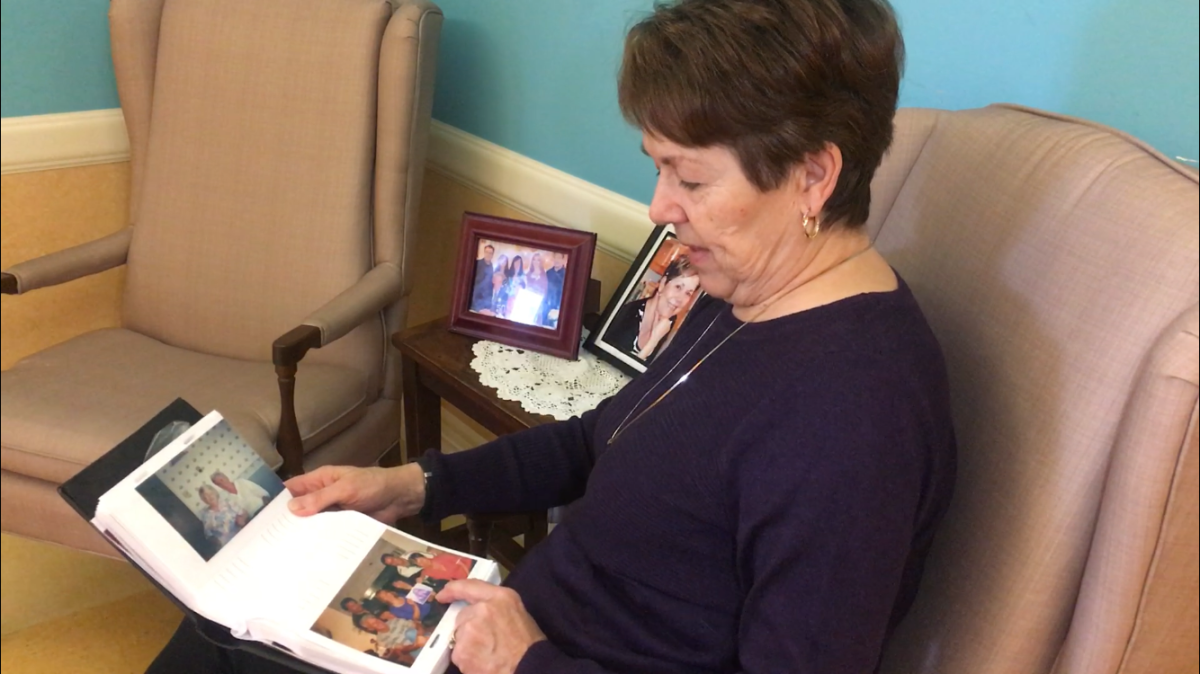A new sleep kit is giving people living with dementia and their caregivers a better chance at a good night’s sleep.

It’s something Ramona George wishes she had long before her husband went into a nursing home.
“It’s like when you have a child and that time that you spend reading to them, I sort of equate it the same effect with John,” she said.
READ MORE: Ontario family shares the effects Alzheimer’s has had on them
The target market of the kits are seniors struggling with dementia. It contains items that are used during bedtime to aid in comforting the patient.
The kits contain items that are used during bedtime to aid in comforting the patient to sleep. It has a fit bit, a deck of cards, a CD with calming music, a classic novel, lotion and essential oils, tea, a diary and a mirror with a hairbrush.
“He liked playing with the cards, not that he can play a game but just handling them, looking at them, trying to shuffle them,” George said.
“It gives you a bonding time again too.”
Eva Baird created the kit at Saint Thomas University while studying dementia.
“I thought it was so cool that meaningful engagement and social interaction might have an effect on sleep.”
Registered nurse Sherry Holder says a normal sleep pattern is a big challenge for dementia patients. She believes the kit promotes patients to use all of their senses and its use is influenced by the patient’s strengths.
“So do they like things that are tactile, do they like visual items or do they like sensory things to listen to? And so you try to build on that individual’s — who has dementia — strengths,” said Holder.
For example, one dementia patient at the York Care Centre liked to touch in the form of a massage and the diary in the kits helps the caregiver recall what worked well and when.
“What works today might not work tomorrow but that’s why it’s so nice that the kit has lots of different items in it that you can choose,” said Holder, adding that it provides an alternative to prescribed medication.
“It might work to have a sleeping pill for a couple days but long term, it’s not going to benefit them.”
Baird hopes it helps people, and plans to take it to market.
- N.S. mom calls for better ultrasound access after private clinic reveals twins
- B.C. to ban drug use in all public places in major overhaul of decriminalization
- Solar eclipse eye damage: More than 160 cases reported in Ontario, Quebec
- ‘Super lice’ are becoming more resistant to chemical shampoos. What to use instead










Comments